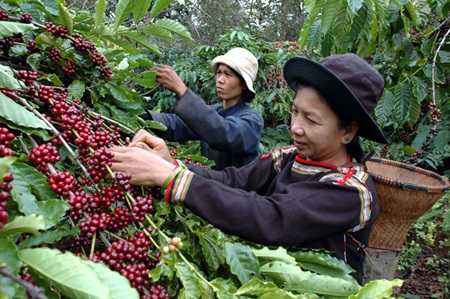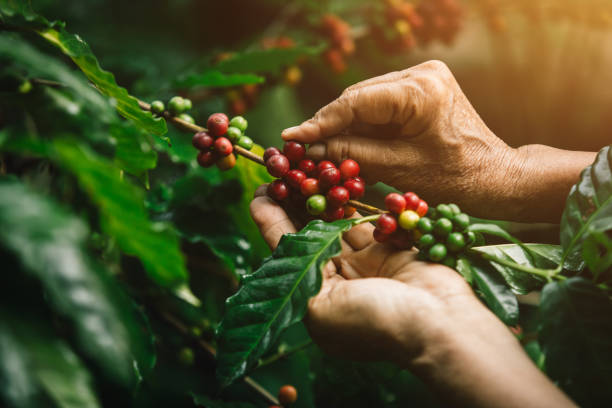Extreme weather due to an approaching El Nino is raising concerns about robusta coffee bean production in Vietnam and Indonesia, leading to potential price hikes.
Fitch Solutions’ BMI reports that El Nino, expected in the latter half of 2023, could reduce robusta output in these major producing countries. Robusta beans, known for their bitterness and higher caffeine content, are more affordable than arabica beans.
The drought in Brazil has also impacted its robusta crop, further stressing global supply. As a result, prices for instant coffee and espressos, typically made with robusta beans, could rise.
El Nino brings hotter, drier conditions to the central and eastern tropical Pacific, with Southeast Asia experiencing record-breaking heat in mid-May.

The BMI report notes that El Nino usually results in lower rainfall and higher temperatures in Southeast Asia, negatively affecting coffee production.
Vietnam, Indonesia, and Brazil are the top robusta producers, with heavy rains in Indonesia earlier this year already harming bean quality.
USDA forecasts a 20% decline in Indonesia’s robusta production. Rabobank’s Carlos Mera predicts a 10% drop to 11.2 million bags in the next harvest.
In 2016, El Nino caused a global robusta production decline of nearly 10%. Typically, Vietnam and Indonesia see a 20% reduction during El Nino years, warns Shawn Hackett of Hackett Financial Advisors.
Robusta beans make up 40% of global coffee production, with demand rising as consumers seek cheaper alternatives to arabica during economic downturns. Robusta prices recently hit a 15-year high of $2,783 per ton.
Asia’s growing preference for robusta, driven by lower prices and taste, is echoed in Europe, where economic pressures have increased robusta’s popularity. HedgePoint Global Markets anticipates a deficit of 4.16 million bags of robusta from October 2023 to September 2024.

